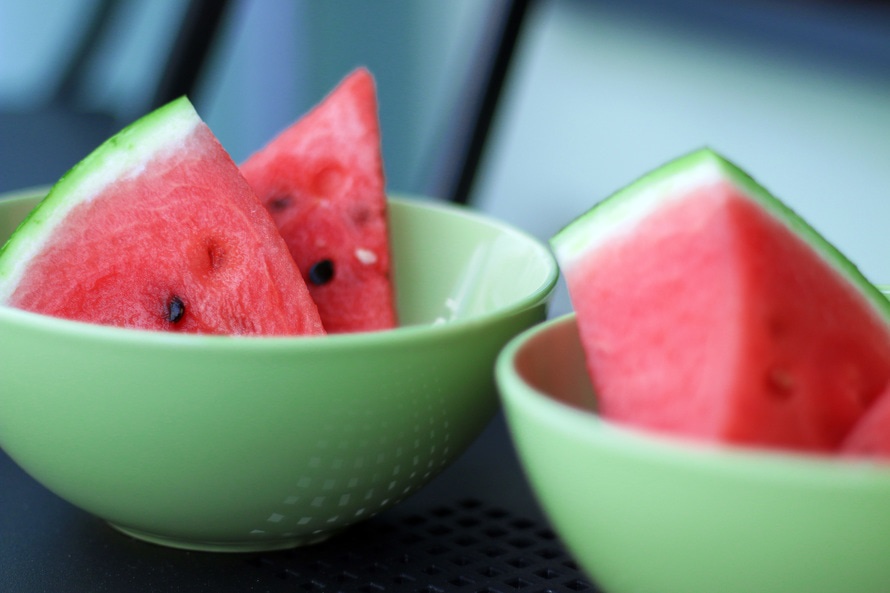You have the power to control how female hormones impact your testosterone levels.
If you have read about the epidemic of estrogen and xenoestrogen, then you know how these chemicals are silently killing your T levels. In our modern world, they are bombarding us all over the place. You might want to throw up your hands and declare, “With all these chemicals polluting my body, I’m doomed to have low testosterone!”
Not so fast! While we may never completely avoid every chemical estrogen out there, there are things we can do to greatly reduce this estrogen overload.
Read on for 15 simple changes to help significantly reduce your (xeno)estrogen intake and reverse your Low T levels…
15 things you can start doing today to reduce your exposure to chemical estrogen
There is no “quick fix” to avoid the estrogens and xenoestrogens in our everyday world. But there are many small and signficant changes that you can make to avoid chemicals in your environment and your diet. Time to get started!
- Buy and eat organic produce and free-range, organic meats to limit exposure to estrogenic pesticides and growth hormones.
- Avoid GMO milk and other dairy products that contain the genetically engineered recombinant bovine growth hormone (rBGH or rBST).
- Eat wild caught fish, such as Alaskan salmon. Do not eat conventional or farm-raised fish. They’re often heavily contaminated with PCBs and mercury. Supplement with a high-quality, purified krill oil.
- Avoid beverages that come in plastics, as chemicals can leach out of them into the contents. Even paper milk and juice cartons are lined with a petroleum-based plastic and not paraffin wax as the case in the 1940s. Instead, buy products that come in glass bottles or jars when possible.
- Eat mostly raw, fresh foods. Processed, prepackaged foods (of all kinds) are a common source of BPA and phthalates.
- Filter your tap water – for both drinking and bathing.
- Use natural or plant-based cleaning products that are earth-friendly, animal-friendly, green, non-toxic, and/or 100% organic. Don’t trust it just because it says “green” on the label. Check the ingredients.
- Use a HEPA filter on your vacuum cleaner to remove house dust that is often contaminated with traces of chemicals.
- Avoid chemicals in new furniture, mattresses or carpet padding – such as contain PBDEs, antimony, formaldehyde, boric acid, and other brominated chemicals. These chemicals are types of fire retardants.
- Avoid stain- and water-resistant products – like clothing, furniture, and carpets – to avoid perfluorinated chemicals (PCFs).
- Never microwave or heat plastic. Under high temperatures is when BPA is most easily transferred from plastic to food. Use glass or ceramic containers.
- Switch over to organic toiletries, such as shampoo, toothpaste, antiperspirants, cosmetics, and laundry detergent. Don’t trust it just because it says “natural” on the label. Look for DBP, DEP, DEHP, BzBP, and DMP in the ingredients – all are chemical estrogens.
- Avoid artificially scented products – like air fresheners and scented candles, dryer sheets, fabric softeners, or other synthetic fragrances. Instead, look for fragrance-free products.
- Use a fabric shower curtain, instead of a vinyl that puts off harmful chemicals.
- Avoid, or be extremely cautious with lawncare products, such as pesticides and weed killers since they may act as xenoestrogens. In one study, atrazine, a commonly used weed killer, affected animals at doses as small as 0.1 parts per billion.
Each small step towards a healthier lifestyle supports your testosterone levels and overall health.
It’s important to be informed about the chemicals that are impacting our bodies everyday. But don’t get overwhelmed! There is always more that you can do to enhance your lifestyle and optimize your health. Your testosterone levels are counting on it.
References
Disclaimer: Despite the references provided, the information on this site is intended for educational purposes only. It is not meant to cover all possible precautions, drug interactions, circumstances or adverse effects. Please refer for advise and treatment by a licensed physician.
- https://www.energeticnutrition.com/vitalzym/xeno_phyto_estrogens.html
- https://en.wikipedia.org/wiki/Xenoestrogen#Common_environmental_estrogens
- http://www.scientificamerican.com/article/food-additives-mimic-hormones/
- http://www.npr.org/2011/03/02/134196209/study-most-plastics-leach-hormone-like-chemicals









